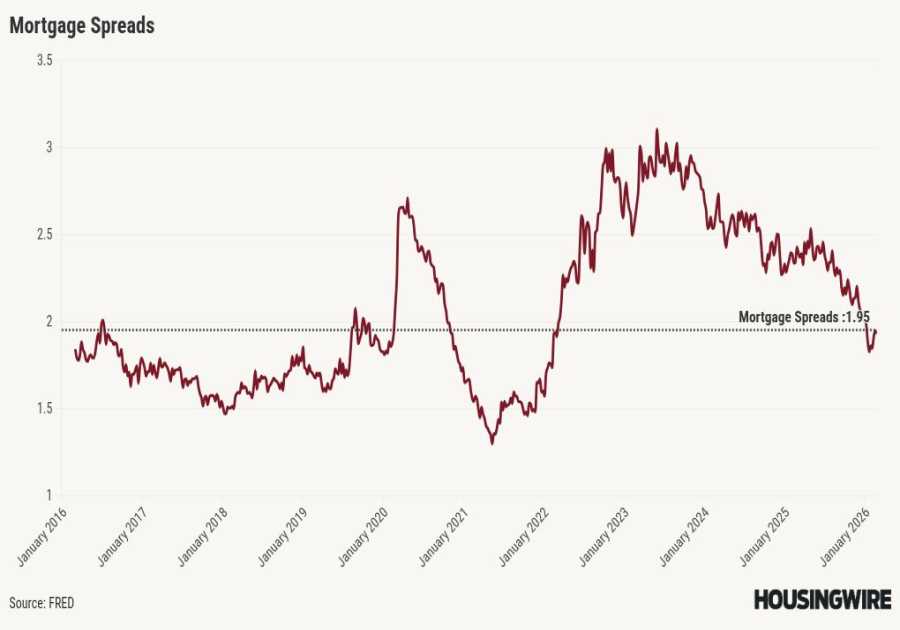Do you feel like you and your spouse are financially responsible until subtle social pressures start bending your budget? It happens to most couples. From keeping up appearances at weddings to competing with friends’ vacations, modern relationships are quietly shaped by unspoken expectations. Emotional triggers can make certain purchases feel necessary to fit in or keep the peace. So, how do you combat this spending? First, you have to understand these pressures. Then, you can learn to protect both your money and your relationship from financial strain.
1. Wedding Culture That Sets Unrealistic Baselines
Did you know that according to The Knot, the average wedding cost in 2024 exceeded $35,000? Elaborate celebrations have now become the norm for weddings. Even if you had a more modest wedding years ago, you and your spouse may feel pressure to keep up with this extravagant mindset. You may spend hundreds to thousands of dollars traveling to destination weddings, purchasing over-the-top gifts, or planning matching outfits for you and your spouse. This mindset can be dangerous when it also bleeds into everyday life. You may feel pressure to spend more on anniversaries, purchasing a home, parties, etc. When every milestone has a price tag, spending can easily get out of control. This cultural standard blurs the line between celebration and competition. Before long, “just this once” upgrades become recurring habits that sabotage long-term savings.
2. Social Media Comparison Loops
How many hours a day do you find yourself scrolling on social media? Instagram, TikTok, and Pinterest have made comparison culture a daily trigger for overspending. Extended exposure to idealized lifestyles increases perceived financial inadequacy. This can be especially true among dual-income couples, who may think they should be more financially secure. Seeing peers post luxury trips or renovated homes can create subtle guilt or pressure to “catch up.” Couples often justify it as “treating ourselves” when in reality, it’s emotional spending driven by social envy. Muting certain content or setting screen limits can reduce the urge to buy for validation instead of necessity.
3. The “Double Date” Spending Trap
Do you find yourself overspending when you double date with friends? Dining out with other couples often escalates spending beyond what either pair would choose alone. The social dynamics of splitting bills, ordering extra rounds, or choosing upscale restaurants can make restraint feel awkward. Couples may fear appearing cheap or financially struggling in front of friends. Establishing spending limits or suggesting at-home gatherings can preserve both friendships and finances. Ultimately, having an honest conversation with friends is much better than blowing your budget.
4. Family Expectations Around Generosity
Are you and your spouse givers? It’s easy to get caught up in generosity with friends and family, especially if it brings you joy. The holidays and family ties can create some of the strongest spending pressures. You may worry about what the “right” amount is to give or spend. Unfortunately, many couples argue over how much to contribute to family events or gifts. These situations become heated because they blend love, obligation, and image. Couples can ease tension by setting a joint “family spending budget” each year, aligning generosity with reality rather than guilt.
5. Gender Roles That Shape Financial Behavior
You may not think that gender roles contribute to overspending in your marriage. But you may be surprised. Traditional expectations still influence spending in subtle ways. Men may feel pressured to pay for big-ticket purchases or date nights, while women often feel social pressure to invest in home aesthetics or self-care. Breaking these patterns starts with talking openly about what’s genuinely valued versus what’s socially expected.
6. Friendship Networks That Normalize Debt
Some couples normalize carrying debt because their peers do the same. When everyone in your circle finances cars, vacations, or remodels, it stops feeling risky. The problem is that few people discuss interest rates or missed payments. If you only see the visible rewards, you may feel that you should be spending in that way as well. Recognizing this hidden bias helps couples set boundaries without feeling isolated from their social group.
7. Milestone Mindset and Lifestyle Inflation
Big milestones usually come with big price tags. Buying a house, having a baby, or landing a promotion often triggers emotional spending disguised as “celebration.” Couples tie milestones to big-ticket purchases, like a new car for the baby, luxury furniture for the new house, or extravagant trips to reward hard work. This is called lifestyle inflation, and it’s one of the hardest spending habits to reverse. Over time, these reward cycles become the new normal, making modest living feel like your depriving yourself or not living life to the fullest. Resetting expectations after milestones helps couples sustain financial stability beyond short bursts of excitement.
Reclaiming Control From Social Spending
Most couples don’t overspend out of greed or poor financial habits. Many couples do it for connection and identity. Remember, social pressure isn’t a valid financial plan. Building awareness, setting boundaries, and communicating openly about triggers can turn these forces from pitfalls into shared challenges. The goal isn’t to stop enjoying life; it’s to enjoy it on your own terms, not society’s.
Have you and your partner ever disagreed over social spending or felt pressure to match others’ lifestyles? Share your story in the comments.
You May Also Like…
- 9 Times Couples Are Fooled Into Believing They’re Wealthier Than They Are
- What Happens to DINK Wealth When Siblings Start Fighting Over Inheritance?
- Is Marriage Without Kids Financially Riskier Than Divorce?
- Families Without Kids Are Rethinking the Idea of Legacy Wealth
- 6 Cities to Live In That Are Perfect for Couples With No Dependents
Read More
By: Teri Monroe
Title: 7 Social Pressures That Push Couples to Overspend Without Realizing It
Sourced From: www.dinksfinance.com/2025/10/7-social-pressures-that-push-couples-to-overspend-without-realizing-it/
Published Date: Wed, 22 Oct 2025 16:00:45 +0000
.png)





